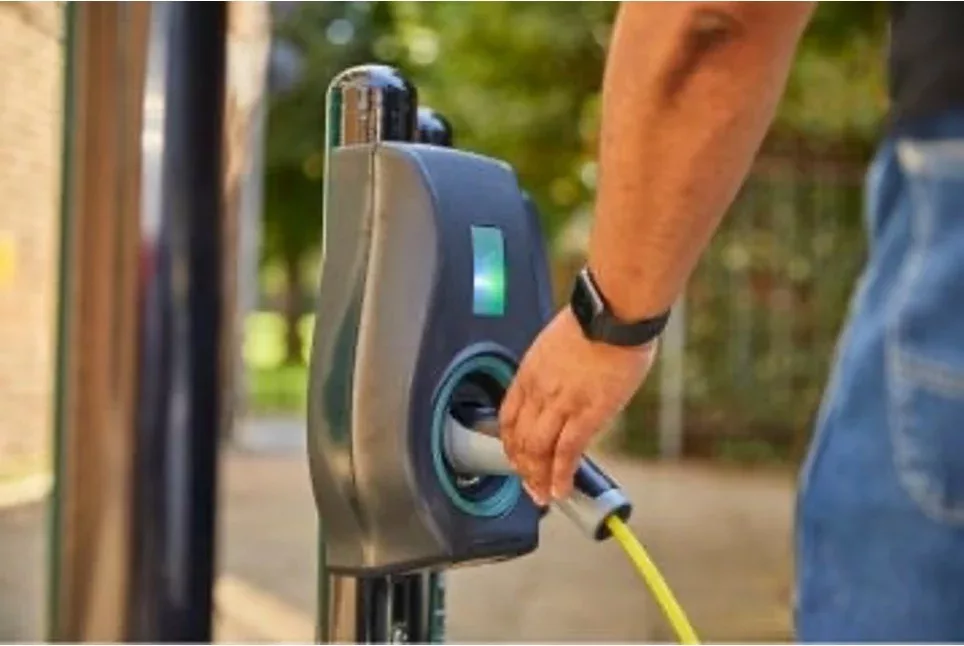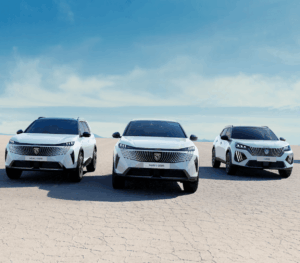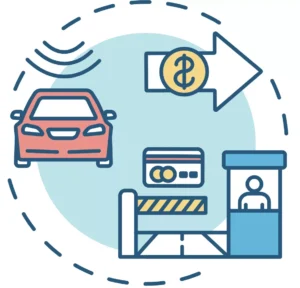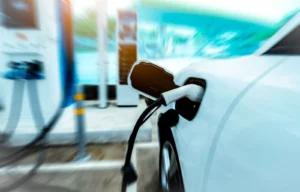The Chair of electric vehicle trade group RECHARGE UK has set out his aims and objectives following the Government’s decision to roll the 2030 ban on the sale of new petrol and diesel vehicles until 2035.
Mark Constable, who took over as Chair earlier this year, says the group must focus on trying to remove any remaining barriers and help accelerate chargepoint deployment to keep up with the growth of EV sales in the UK.
RECHARGE UK is the EV arm of the REA (Association for Renewable Energy and Clean Technology) and was previously known as the REA EV Forum.
RECHARGE UK’s report ‘Charging forward to 2030: Critical success factors for the deployment and operation of UK-wide inclusive EV charging infrastructure’ sets out how to accelerate the rollout of EV charging by breaking down the policy and regulatory barriers to chargepoint deployment and meet the energy demand on the grid by 2030 from public charging.
Mr Constable said: ‘’We need to address the barriers to chargepoint deployment. The most cited by our members is the DNO connections queue. We feel our call for chargepoints to be considered critical national infrastructure is one of the most important areas which will improve the entire charging sector for consumers. We are in constant communication with Government teams on this point and are working across the UK talking to devolved Governments about it.’’
The group says it is also looking at other barriers to chargepoint deployment ranging from local authority engagement to specific policy and regulatory barriers such as Section 50 permits; permitted development rights (or lack thereof); and how ambitious the Zero Emission Vehicle (ZEV) mandate should be.
This comes at a time where Prime Minister Rishi Sunak has delayed the ban on the sales of new petrol and diesel cars.
“EVs are just better cars – the vast majority of people who have adopted them would agree,” he asserted. “Before 2030, we expect battery prices to drop still further, a wider range of new models especially at lower price points, and an ever-growing second-hand supply of all vehicle types. We will see improvements in the mineral supply chain and new battery chemistries that avoid certain minerals altogether. None of those is threatened by losing some PHEV sales from 2030-35 at the expense of increased ICE volumes.
‘’Now that we have certainty that the ZEV mandate thankfully remains broadly as proposed, RECHARGE UK will be reinforcing the findings of our recent report to both the current House of Lords inquiry and also to the EV All-Party Parliamentary Group in the coming weeks.”
RECHARGE UK is calling for all new public electric vehicle (EV) charging sites to have accessible charging mandated.
Mr Constable added: ‘’We are also entering a critical stage in the chargepoint deployment journey where we can make a real difference to drivers with accessibility needs. Therefore, we have over the last few months opened up dialogue with our members and wider industry to call for PAS 1899 requirements to become a mandatory consideration for new public charging sites in the UK.’’
The Chair of RECHARGE UK, who is also Head of Public Affairs at Trojan Energy, says there must also be a focus put on skills.
‘’Over the next few months, we will also be undertaking a skills gap piece looking at the challenges across the whole EV value chain and will identify ways to create a stable pipeline of new talent coming into the industry while also realising the value of experienced workers who are looking to enter the sector.
‘’Most of the transition over the next decade won’t be delivered by people who are not currently working in it, it will be delivered by people who are currently doing something else or are still in education. There needs to be a whole holistic approach to the influx of skills across all age ranges and backgrounds and getting them into the industry to help us build a future that is socially, ecologically and economically sustainable.’’
In addition to all this, RECHARGE UK have launched three new working groups all with their own key objectives and concerns. A HGV and Commercial Fleet Working Group looking at how to accelerate BEV adoption, a V2X working group looking at how to accelerate V2X in the UK and finally a Home-Connected On Street working group which will look at the unique challenges facing this growing part of the EV market.
Despite some challenges, Mr Constable says the industry must keep driving forward.
‘’Where we are now feels like the end of the beginning. The infrastructure industry is established, there are lots of very strong organisations, membership bodies, private companies, and lots of local authorities who’ve got deep expertise in delivering policy. There are also lots of fantastic people inside the civil service, helping to deliver on the agenda.
‘’Overall, there are a lot of people rowing in the same direction, but no sector has an intrinsic right to exist. We have to keep raising the bar and I think that there’s probably a little bit more transparency that needs to come in now. The industry is very good at talking about how many public chargers get installed. That’s good. Talking about how those chargers get used, and the times when they don’t, and what learnings we might take, is also important.
‘’We need to ensure that the right infrastructure goes in the right place to meet the right consumer need. We’re at that stage now where consumers are going to start demanding it, rather than policymakers pushing out what they think is right. Consumers are going to start telling us all exactly what they want. And if it turns out that some of what we’ve been delivering up to now doesn’t coincide with what they want then that’s a possible outcome.
‘’But we need to be able to pivot and we need to be able to start delivering those desired propositions quickly. And so, we’re in a position now where a lot of established delivery organisations and lots of companies are building and installing lots of chargers. But now’s the time to kick on, get the volume up, meet the challenges and break down any remaining barriers.’’
(File picture – Connected Kerb)
























